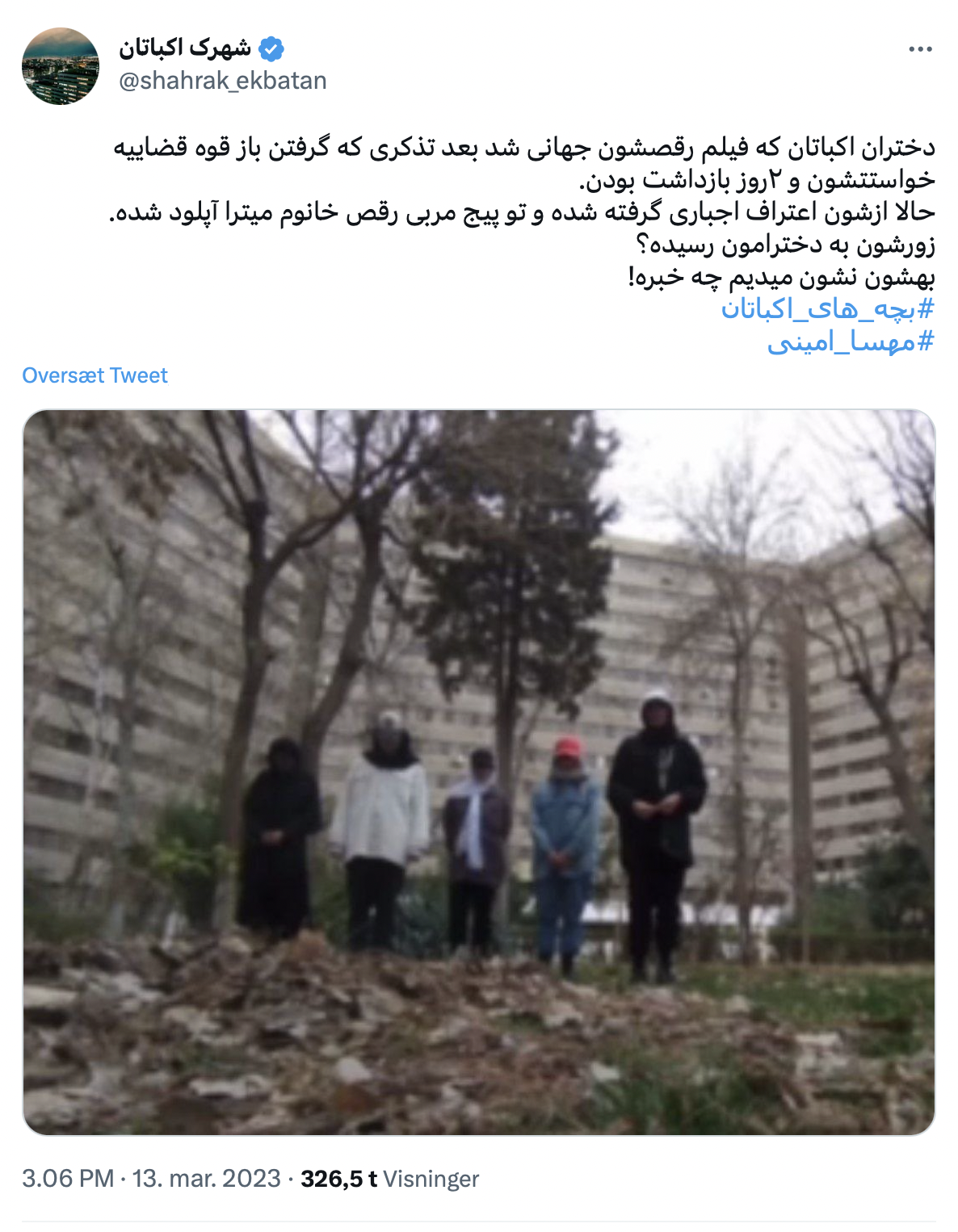MR Zuckerberg: Fix your algorithm
ARE social media platforms silencing the voices of #womenLifefreedom زن زندگی آزادی?
In the six months since Mahsa Amini's death, memes, hashtags, music, and dancing videos have played an important role in Iran’s first feminist uprising. They serve as a means for protesters to bypass government censors and unite with those supporting the Iranian revolution worldwide.
“Fix your algorithms. This is outrageous,” Nazanin Boniadi
Simultaneously, social media platforms like Instagram and TikTok face criticism for allegedly suppressing voices supporting the protests in Iran. Forbes reports that influencers claim their accounts are being demonetized, reported, or blocked after posting stories highlighting the oppression faced by Iranians, including extrajudicial killings and torture. Golsa Golestaneh, an Iranian content creator, stated, "I support the revolution because everything I stand for depends on it, and people are being killed for universal rights and values." She was subsequently banned from Instagram (@golsa_g). "I am Iranian. My account has faced a lot of censorship, with my content being removed, and I'm always warned about losing my account. A video showing police violence in Iran was removed."
British-Iranian actress and human rights activist Nazanin Boniadi shared some of the blocked Instagram posts on her Twitter account, questioning Meta about why Instagram is suspending accounts without cause. "Fix your algorithms. This is outrageous," Boniadi said.
Saman Arbabi, another influencer and activist, tweeted that Instagram suspended his account "for doing absolutely nothing wrong other than posting videos of Iranian protests from around the world."
Meta, the company behind Instagram, has repeatedly denied allegations of 'shadow banning' on Instagram. During a three-hour interview on the Joe Rogan Experience podcast, the Meta CEO discussed the topic and admitted to 'millions of mistakes.' Whether intentional or not, whether it's shadow banning or millions of mistakes, does it matter when the result is the continued marginalization and oppression? What about the victims of Meta's 'millions of mistakes'?
HASHTAGS AS LEADERS IN THE AGE OF LEADERLESS MOVEMENTS
"Hashtags play a vital role in helping people find each other and recognize their power," Iranian women's rights activist Negin Shiraghaei told the BBC. Hashtags could function as leaders in the era of leaderless movements. She explains, "What do people want from hashtags? Hope, guidance, and information." That's what hashtags have provided for protesters so far.
The hashtag #MahsaAmini #مهسا_امین was tweeted and retweeted more than 250 million times in Persian and over 50 million times in English in the first month after her death. People from outside Iran joined the Iranian people in using these hashtags. Amnesty International called for hashtag support to protect the protests in Iran: "Take a selfie or group photo holding a sign or record a video saying 'Women, Life, Freedom.' Use the hashtags #MahsaAmini #مهسا_امینی via the hashtag 'Women, Life, Freedom!'
“Please be our voice… We are standing firm in the streets. We are risking our lives on the street [protesting], please please stand up for us.”
- Protester from Esfahan, Iran Amnesty International
To tech companies it is ‘a mistake’ - to the suppressed people it might be a question of survival
A TikTok dance video featuring five Iranian girls with their hair uncovered dancing to the song "Calm Down" by Rema and Selena Gomez went viral on International Women's Day. According to Iran International, the video was posted by their dance instructor on Instagram and quickly became a symbol of resistance against the country's hard-line Islamist regime and its crackdown on protesters.
The girls were detained for two days and forced to record a confession video expressing remorse for their actions, as reported by the Twitter account @Shahrak_Ekbatan, which tracks news in Ekbatan.
Tech companies wield significant power as gatekeepers deciding "what can cross the digital border" and what can't. In April 2018, Mark Zuckerberg published Facebook's censorship guidelines, which, according to his update, were meant to create a more democratic and independent system. However, the company chose to release only an excerpt, not the documents from the previous year that revealed an inadequate system favoring certain groups and accused of stigmatizing minority groups. Was it accidental? Perhaps, but that's precisely why it's a very serious problem. To Zuckerberg, it might be just "a mistake," but for women in Iran, it can be a question of survival.
As Pardis Asadi Zeidabadi states in "Democracy and the Feminist Uprising in Iran," this is a pivotal moment for the solidarity of the Iranian people, fighting for women's rights regardless of their gender. This movement suggests that gender egalitarianism has culturally improved in Iran despite legal barriers. Standing with women, shoulder to shoulder, and chanting the slogan 'Women, Life, Freedom' has the potential to educate and awaken individuals to inequalities in both private and public spheres.
According to Zeidabadi, this feminist uprising has also inspired people from other marginalized backgrounds, including ethnic minorities (such as Kurdish, Turkish, and Baloch), gender, sexual, and religious minorities to join to the protests and call for a fair society. "These minority groups, marginalized and suppressed by the Islamic state for many years, have had enough of intolerance for differences and are now challenging the system. Alongside Iranian women, they call for a democratic system that appreciates pluralism and diversity. Notably, the latest protests and movement are not seeking to negotiate with the regime but are calling for fundamental change."
Zuckerberg! FIX YOUR ALGORITHM…


